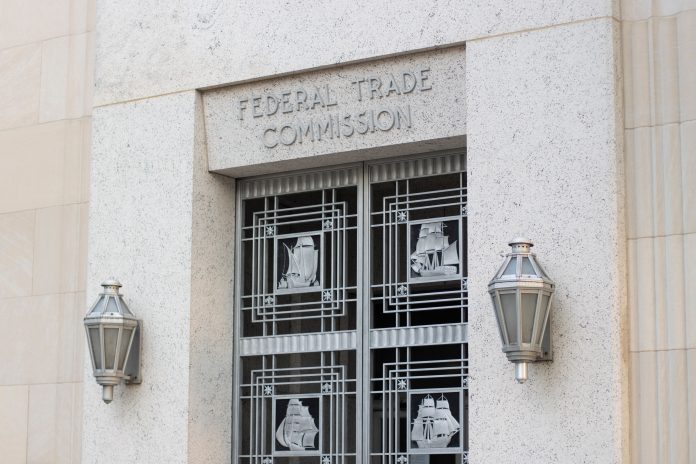The Federal Trade Commission (FTC) and Maryland Attorney General have filed charges against Lindsay Automotive Group, accusing the company of systematically deceiving car-buying consumers with false advertising, inflated costs, and unwanted add-on products. These practices allegedly cost buyers millions of dollars over several years.
According to the complaint, Lindsay Automotive Group- which includes Lindsay Chevrolet of Woodbridge, Lindsay Ford of Wheaton, Lindsay Chrysler-Dodge-Jeep-Ram, and Lindsay Management Company, LLC- advertised prices it refused to honor and falsely claimed customers needed to finance through their dealerships. Three Lindsay dealerships and their management company, along with executives Michael Lindsay, John Smallwood, and former general manager Paul Smyth, are named in the case.
Bait-and-switch pricing practices
The complaint alleges Lindsay Automotive routinely advertised vehicles at prices unavailable to most consumers. Employees allegedly claimed these prices were valid, only for customers to discover at the dealership that the actual price was significantly higher due to ineligible rebates and mandatory fees. A manager reportedly admitted that the advertised price was unrealistic, saying, “We never deliver the vehicle anywhere near the stated price.”
Many customers, including those who traveled from out of state, were charged thousands of dollars in unadvertised fees. The FTC’s findings show that 88% of Lindsay’s customers from 2020 to 2023 paid more than the advertised price, with an average markup of over $2,000.
Mandatory financing and kickbacks
The charges extend beyond deceptive pricing. Lindsay allegedly required customers to finance vehicles through the dealership, rejecting cash payments or pre-approved loans from other institutions. Moreover, Lindsay directed consumers to higher-interest financing options, which generated kickbacks for the dealership and inflated costs by thousands of dollars over the loan’s lifespan.
Unauthorized add-ons
Additionally, the complaint claims that Lindsay Automotive added unwanted products, such as service plans and gap coverage, to purchases without obtaining customer consent or misrepresented these add-ons as mandatory. The FTC reports that 68% of consumers experienced charges for at least one unauthorized add-on, with these extra costs often reaching hundreds or even thousands of dollars.
FTC Bureau of Consumer Protection Director Samuel Levine warned, “Auto dealers who trick consumers with bait-and-switch advertising, financing sleights of hand, and unwanted add-ons should expect to hear from the FTC.” Maryland Attorney General Anthony G. Brown added, “Our Office will not let car dealerships profit from unfair and deceptive practices.”
Furthermore, the complaint, approved by a unanimous 5-0 FTC vote, was filed in the U.S. District Court for the Eastern District of Virginia. The case will proceed based on the FTC’s finding of “reason to believe” that Lindsay Automotive’s practices violate the law.



